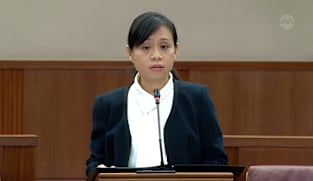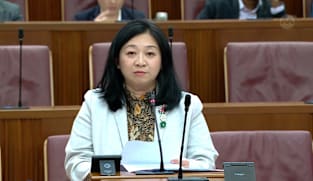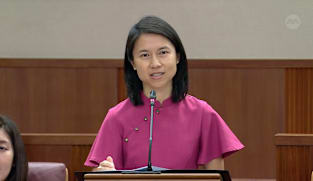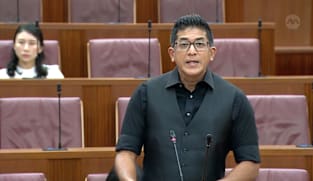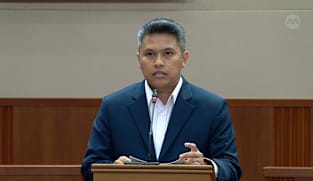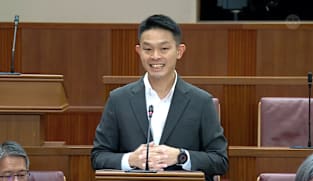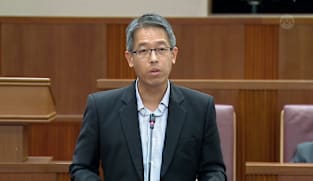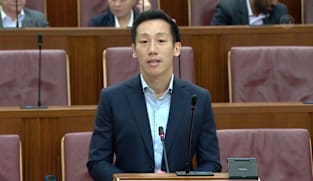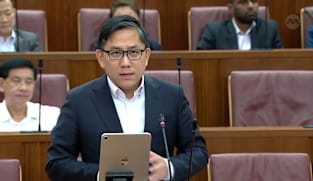Budget 2023 debate: Rachel Ong on employment support for caregivers of people with severe disabilities
An estimated 2,500 people in Singapore have a rare disease. Along with their family members, there are approximately 7,500 people directly impacted by rare disorders. This group was the focus of MP Rachel Ong’s speech in Parliament on Friday (Feb 24). She said many caregivers of people with severe disabilities want to work due to the high costs of treatment for their loved ones, who may require constant care and not be able to work themselves. However, they face great challenges finding and staying in a job. Respite care for people with severe disabilities is hard to come by due to their unique medical conditions. Caregivers needing flexible work may accept jobs that under-employ and under-pay them. They also have limited childcare leave options as their children or wards often need care long past the age of 12. Ms Ong said each day is a “physical, mental and emotional balancing act” of spending as much time as possible with their child, not knowing which day will be their last, while trying to address the cost of long-term medical care on top of securing retirement adequacy for themselves and their wards. She appealed for the Government and employers to be “more intentional and progressive” in finding ways to support and integrate this “under-tapped” pool of workers who are fully capable, highly motivated and willing to be employed.
An estimated 2,500 people in Singapore have a rare disease. Along with their family members, there are approximately 7,500 people directly impacted by rare disorders. This group was the focus of MP Rachel Ong’s speech in Parliament on Friday (Feb 24). She said many caregivers of people with severe disabilities want to work due to the high costs of treatment for their loved ones, who may require constant care and not be able to work themselves. However, they face great challenges finding and staying in a job. Respite care for people with severe disabilities is hard to come by due to their unique medical conditions. Caregivers needing flexible work may accept jobs that under-employ and under-pay them. They also have limited childcare leave options as their children or wards often need care long past the age of 12. Ms Ong said each day is a “physical, mental and emotional balancing act” of spending as much time as possible with their child, not knowing which day will be their last, while trying to address the cost of long-term medical care on top of securing retirement adequacy for themselves and their wards. She appealed for the Government and employers to be “more intentional and progressive” in finding ways to support and integrate this “under-tapped” pool of workers who are fully capable, highly motivated and willing to be employed.








